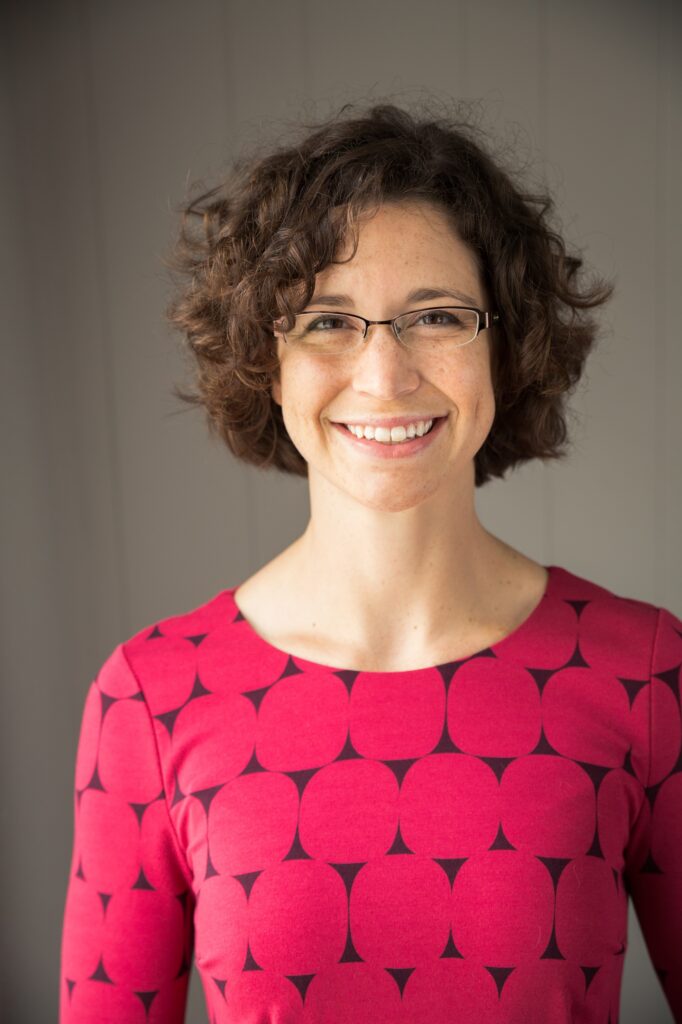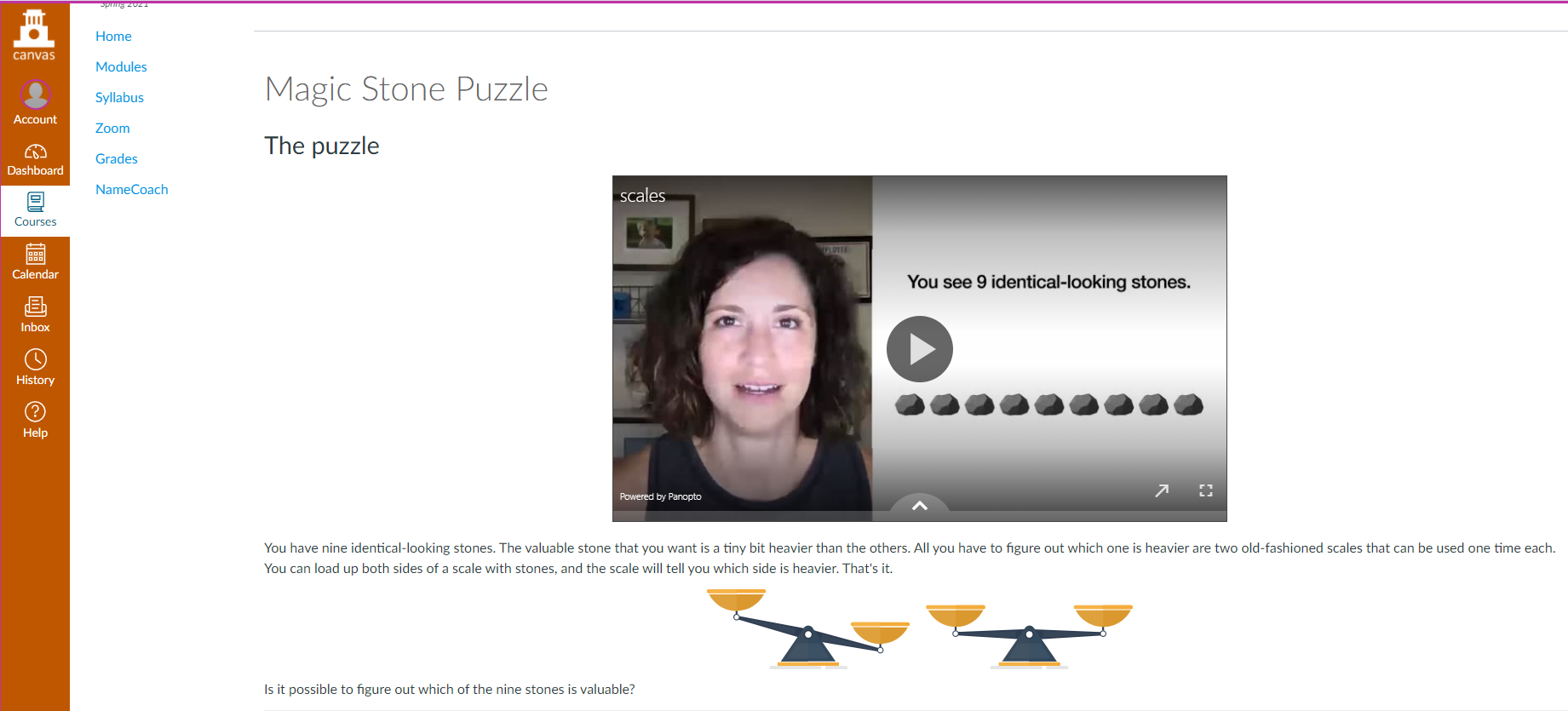In celebration of Open Education Week, UT Libraries is proud to spotlight a few of our talented faculty members who are on the forefront of the open education movement as open educational resource (OER) authors! We’re kicking off this series with Dr. Amanda Hager, who teaches several courses in the Department of Mathematics, including M 302 (Introduction to Mathematics), M 325K (Discrete Mathematics), and M 305G (Preparation for Calculus) in addition to the MathBridge dual credit program.

Dr. Hager has been a Longhorn since 2011. She earned her Ph.D. in Mathematics at the University of Iowa and worked at the United States Military Academy at West Point. She is passionate about liberal arts education, college readiness, faculty welfare, modular origami, and Olympic weightlifting.
Dr. Hager was generous in sharing her experiences creating OER with us in the interview below.
What OER did you create or adapt for your courses?
“For Introduction to Mathematics, I created a set of webpages that are substitutes for lectures and contain a combination of text, illustration, video, and informal quizzes. These are used for asynchronous instruction during the pandemic, and they can be used in a flipped classroom. I’ve also authored problem sets for homework and study.”

What was your primary motivation in leveraging OER for your courses?
“I realized that I was going to strange lengths to justify the existence of paid textbooks in my courses, artificial-seeming measures such as posting homework exercise numbers rather than the text of the questions in my LMS so that students would have to open the book to get the homework questions. I would cherry-pick pieces of textbooks that I liked, telling students to avoid other parts that I found were unpopular to them or confusing, constantly having to talk with the students about whether the book was confusing or not.
I eventually surveyed students in my UT course and dual-enrollment course, and I discovered that less than half of students were purchasing the required textbook. There were also a non-trivial number of students who purchased the textbook and never opened it. I realized that whatever positive results I was seeing in this course, either student satisfaction or learning gains, had little to do with owning the textbook.”
What has been the biggest benefit of using OER?
“I am no longer embarrassed that I am requiring an expensive textbook and then only covering approximately half of the content in it. The students receive essential content only, and I am proud to be providing a course experience that is not only affordable but is clean and sensical.”
What was the most challenging part of making the switch?
“Creating my own content. I suppose there must have been easier ways to get the job done, but I learned HTML, CSS, and Adobe Illustrator in order to create webpages. I studied web accessibility. I produced my own videos. Good video content is labor-intensive.”
How have your students responded to the material? If applicable, did you notice a change before and after using OER?
“Anecdotally, they seem to like having the information they need exactly where they need it. No book, no clumsy web portals. I get a lot fewer questions about what they need to know and not know for exams, because the answer is everything they’ve been given.”
What would you say to an instructor who is interested in OER but isn’t sure how to get started?
“OER is not just free books. It’s about the power of collaboration. One educator writes a text, another builds aligned assessments, still another creates video tutorials, and the whole is so much more than the sum of its parts. But adopting open resources and using them is probably the easiest way to get started dreaming about what you can create to take your teaching to the next level.”
Want to get started with OER or find other free or low cost course materials? Contact Ashley Morrison, Tocker Open Education Librarian (ashley.morrison@austin.utexas.edu).


